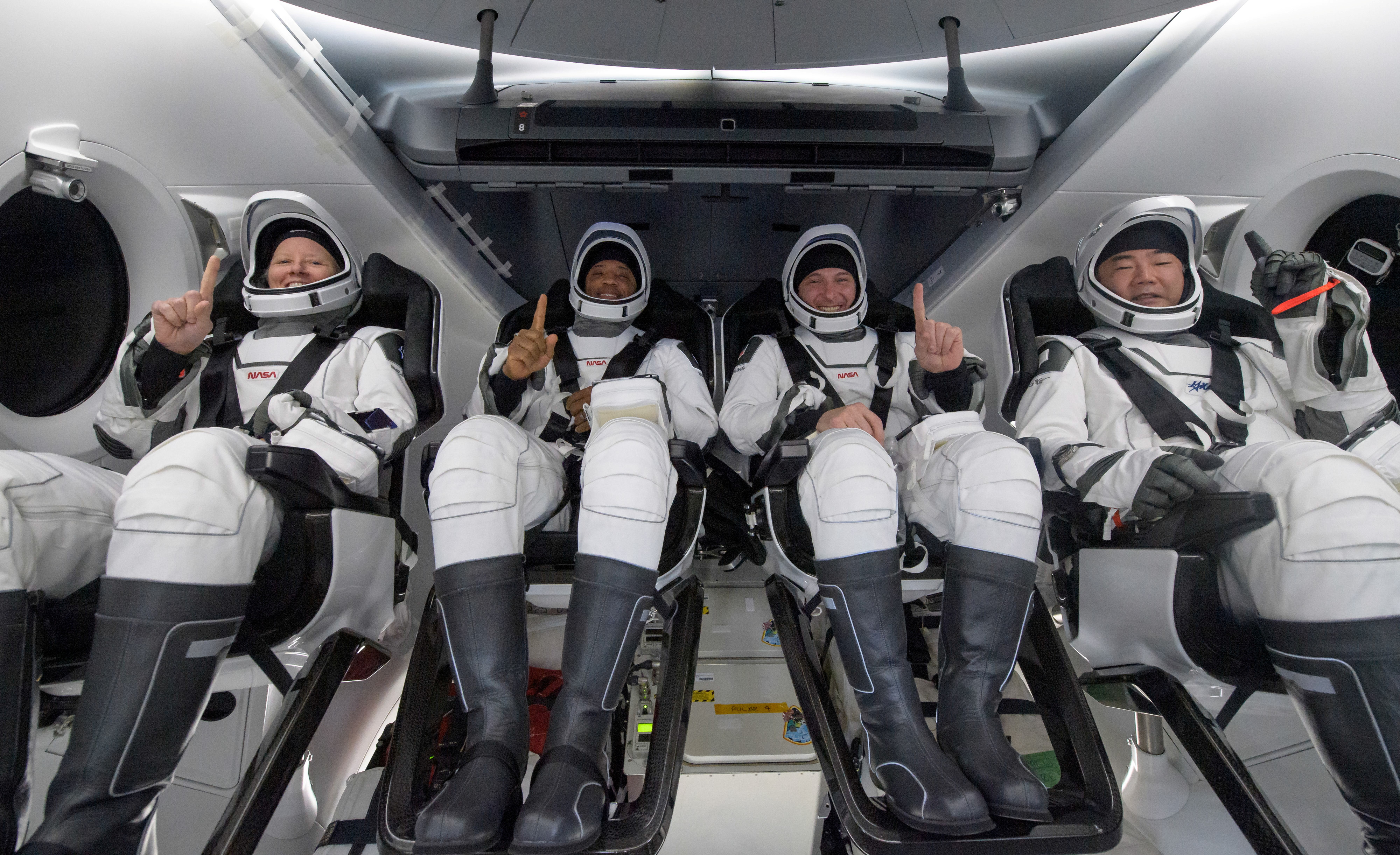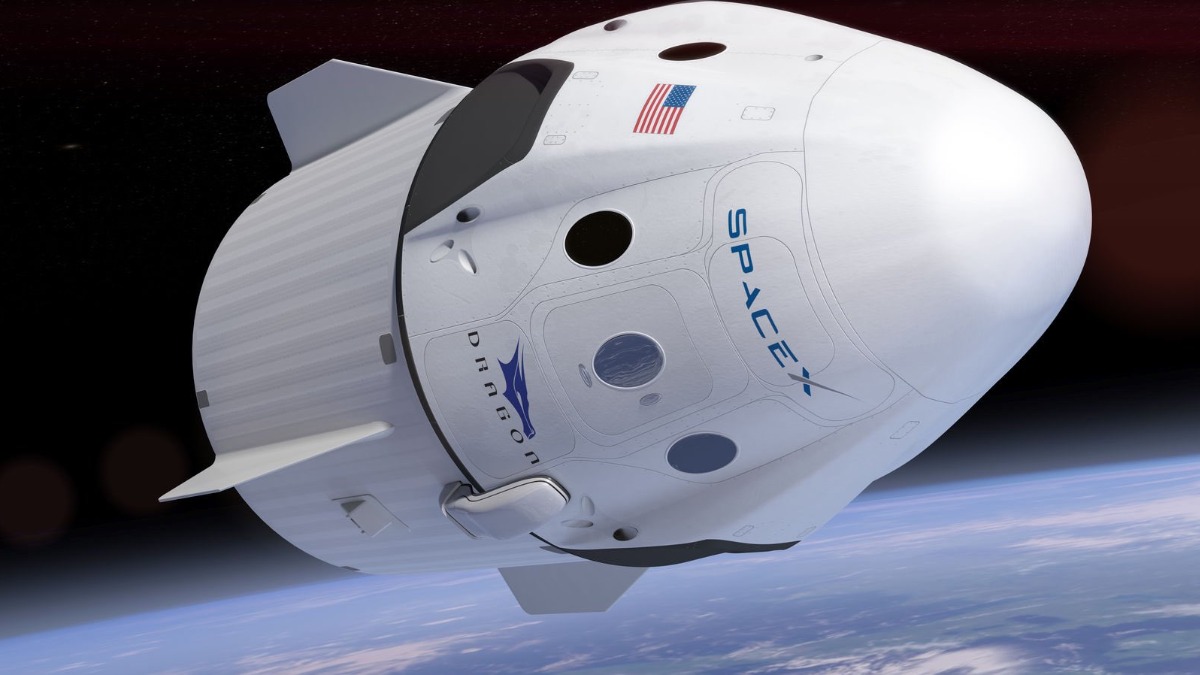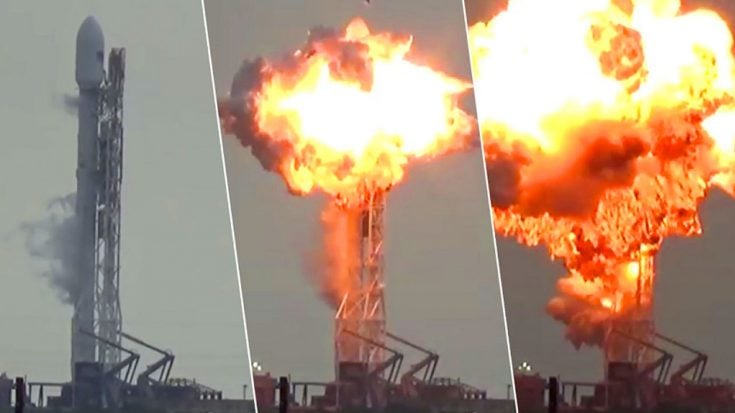10 things you need to know about SpaceX
10 things you need to know about SpaceX
1. Who is Elon Musk and why is he building rockets?
2. What Has SpaceX Done That Other Companies Haven’t?
3. Are SpaceX Rockets Special?
4. How Close Is SpaceX To Flying A Crew?
5. Where is SpaceX’s Mission Control?
6. What Is The Dragon Spacecraft Like?
7. Is SpaceX Profitable?
8. Why Are Rockets Still So Failure Prone Despite Decades of Production?
9. Who Are Musk’s Main Competitors?
10.What Are Musk’s Ultimate Goals?
Intro ::
SpaceX has been putting winds on the board ever since the company founded by serial entrepreneur Elon Musk became the first privately funded group to put a payload in earth orbit in 2008 since then the company has continued to impress launching unmanned cargo vehicles to the international space station is and winning a contract from Nasa to fly astronauts as well as early as 2017. there have been setbacks most disastrously last June when a cargo rocket bound for the ISS exploded on route costing the crew much needed supplies and shaking confidence in the company as a whole on December 21st however musk bounced back launching a payload of satellites to orbit and then recovering the first stage of the falcon 9 rocket which landed upright settling itself down under the power of its own engines just six miles from the Cape Canaveral launch pad recoverable reusable rocket stages that touch down on dry land have been talked about for decades as a way to keep costs down and speed turn around times but no one had been able to do it until now.
Here are 10 other things you need to know about the SpaceX
1. Who is Elon Musk and why is he building rockets?
Musk born in 1971 is a south African-born entrepreneur with degrees in business and physics from the university of Pennsylvania and is launching rockets because he just kind of decided to that's the short answer and it's not much different from the long answer musk has no formal training in rocketry but he does have an eye for new markets he made his initial fortune as a co-founder of Paypal and has since founded tesla motors and solar city a solar energy company in the early 2000s he and others saw the opening Nasa was creating by retreating from the business of launching spacecraft to low earth orbit in 2002 he jumped into that gap founding space exploration technologist corporation or SpaceX going into competition with other generally more established companies such as Boeing and Virginia-based orbital sciences.
2. What Has SpaceX Done That Other Companies Haven’t?
SpaceX scored its first big headline in 2010 when it became the first private company to launch a payload into orbit and return it to earth intact something only government agencies like Nasa or Russia's ross cosmos had done before its upright landing and recovery of the first stage of the falcon 9 rocket on December 21st 2015 was another first blue origin owned by amazon founder Jeff Bezos sent a rocket to the edge of space and landed it upright earlier this year but it was a demonstration flight and did not achieve orbit .
3. Are SpaceX Rockets Special?
Progress in rocketry is incremental the basic science of liquid fueled rockets hasn't changed much since the days of Robert Goddard and solid fueled rockets well they go back millennia the advances are made at the margins and musk is doing well there his rockets are modular the falcon is a single engine model the falcon 9 no surprise has nine
the falcon heavy which has yet to fly will have 27 in three clusters of nine engines this streamlines production in the same way that building different car bodies atop similar chassis helps keep costs down for car manufacturers roughly eighty percent of the parts in
any SpaceX rocket are made on the company's own factory floor reducing the cost of outsourcing this keeps price per pound of payload down and quality control in-house one study by Nasa and the air force estimated that the price tag for going from the initial design stages of the falcon 9 rocket to its first flight was 440 million dollars about a third of what it would have cost Nasa.
4. How Close Is SpaceX To Flying A Crew?
Very close maybe the company has used its dragon spacecraft to make un-crewed cargo runs to the ISS the dragon was designed with crew compatibility in mind which means the ship has already proven its basic space worthiness though it has a good way to go before its life support systems are similarly proven SpaceX and Boeing are both scheduled to begin crude runs to the ISS in 2017 and Nasa has already designated the first astronauts who will fly in the new ships the 2017 target could slip and the June explosion of one of SpaceX cargo rockets during launch was hardly good news for the company the recent launch of the falcon 9 even without the upright first stage landing was a confidence booster but with astronaut lives on the line in future flights the company will have to put a string of good launchers together to make up for that very bad one.
5. Where is SpaceX’s Mission Control?
You know the kitchen area in your office where you microwave your coffee and reheat your lunch well the SpaceX headquarters in Hawthorne California has a better kitchen and you know that area next to the kitchen where people gather to gossip and avoid going back to their desks at SpaceX they use that place to launch rockets really the SpaceX facility is a sprawling one-floor industrial plant that was originally a factory for Boeing aircraft fuselage SpaceX took it over and repurposed into an all-in-one spaceport thousands of square feet are given over to cubicles almost no one at SpaceX including musk has an office with doors adjacent to that is the factory floor and the kitchen and adjacent to that behind a high glass wall is mission control workers gather to watch launches and recoveries then go back to their lathes or computers or desks it's very silicon valley only way cooler.
6. What Is The Dragon Spacecraft Like?
Picture a 21st century Apollo spacecraft after the troubled history of the space shuttle including the loss of two seven-person crews SpaceX and most other rocket companies have returned to the old model of the upright rocket with the crew perched on top of the stack the dragon is configurable to seat up to seven people but it can and usually will carry fewer the escape rockets which are used to pull the ship away from the booster in the event of a fire or possible explosion are not mounted in a tower above the capsule as they were in the Apollo and mercury days instead they are built into its base pushing the capsule away instead of pulling it this helps the dragon achieve one of its other goals res ability the spacecraft and escape system are not simply thrown away after use but could instead be cleaned up checked out and configured for another flight.
7. Is SpaceX Profitable?
It's hard to say since the company is privately held which means its books aren't open for inspection the belief among most analysts however is that SpaceX must by now be making money it has 4.2 billion dollars in contracts from Nasa alone and its recent success in cracking the defense contract business breaking the monopoly united launch alliance enjoyed with the military means more revenue all of this is on top of its contracts for private satellite launches giving it 60 launches over all on its manifest worth about 7 billion that's a lot for a company whose main selling point is that it can launch satellites for about a third of the cost the older companies do clearing a lot of cap room for profits there is much speculation over when and if musk will go public and there is much hope on wall street that he will SpaceX's rep is partly sizzle yes and there is no guarantee it will be a big mana maker over the long term.
8. Why Are Rockets Still So Failure Prone Despite Decades of Production?
A better question might be why they fly at all think of a rocket as an egg or more specifically an egg shell think of the fuel as the white and the yolk the Saturn v the largest rocket ever built weighed 6.5 million pounds at launch and 5.5 million of that was fuel that's basically a bomb one that's designed to perform a controlled explosion the force is in play when a rocket is lit in terms of chemistry physics speed and air resistance can be
colossally destructive it's only by controlling them to within extremely narrow tolerances
that any launch is successful the SpaceX explosion in June is believed to have been caused by a faulty strut in the rocket's second stage which allowed a high pressure container of helium to break free sending it smashing through a nearby tank of liquid oxygen the company described the result as an overpressure event which basically means everything blew up it's true that these things inevitably happen in the space game but it's equally true that you don't get to stay in that game if you can't minimize those risks.
He has a lot of them Boeing which is building its CST 100 spacecraft to fly crude ISS missions along with musk's dragon is a key rival so is orbital sciences the company that shares the ISS cargo run contract with SpaceX united launch alliance ULA is a partnership of lock heed martin and Boeing and musk is at war with it for a piece of the defense launching business Richard Branson's virgin galactic is a marginal player planning to sell only suborbital rides for vacationers with deep pockets Paul Allen's Vulcan aerospace similarly wants to play in the space vacation sector but here too actual flights are still nowhere near imminent Jeff Bezos blue origin sees itself as a big player and its recent upright landing of a suborbital spacecraft put it in the game but blue origin 2 has a long way to go before it is actually flying passengers or payloads.
Becoming the apple of the rocket business is one way of looking at it though must, Demers on that analogy without demurring on the idea of assuming a similarly dominant role in the space sector his biggest dream is target is sending people to mars which does not make him unusual unless he can actually achieve it he boasts that he could fly human passengers therefore as little as five hundred thousand dollars per seat.
But in this case he may be over promising the laws of economics might be even harder to overcome than the laws of physics and neither has been cracked sufficiently yet to make a mars mission achievable as for whether musk himself would go to space but I have to forgo that he told time in 2012 citing his five sons and multiple companies that have to be careful with personal risks.



















Comments
Post a Comment